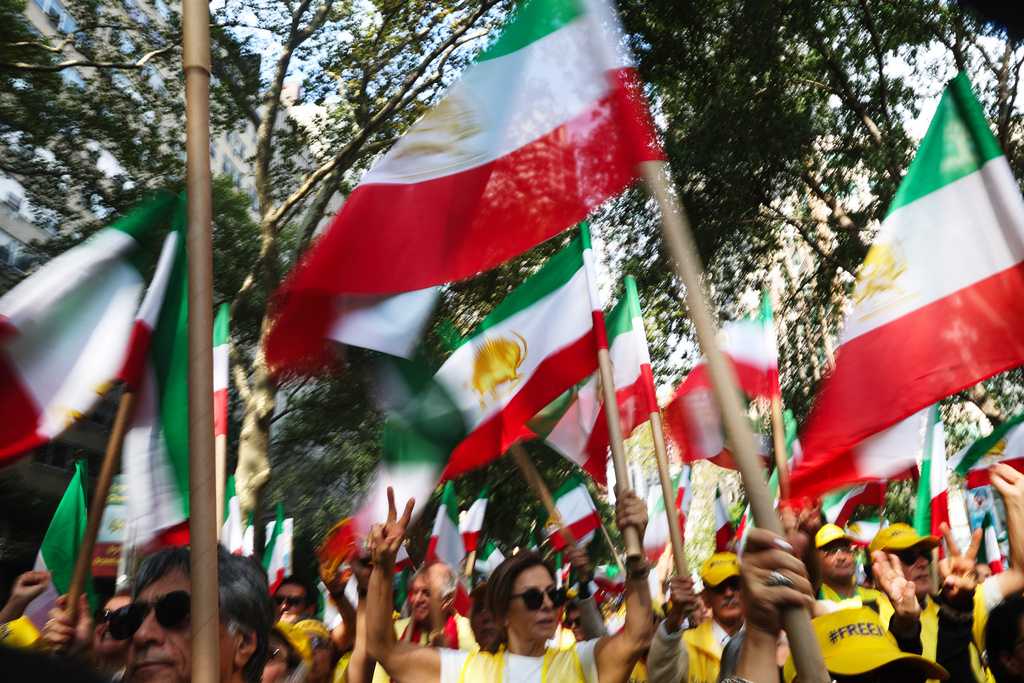
UPDATE: Iran has just executed a man accused of spying for Israel, marking a significant escalation in the country’s ongoing campaign against alleged espionage. This execution of Bahman Choobiasl is part of a troubling trend, as Iran embarks on its largest wave of executions in decades, following the reimposition of United Nations sanctions over its nuclear program.
The Iranian judiciary’s official news agency, Mizan, reported that Choobiasl was alleged to have collaborated with the Israeli spy agency Mossad and worked on “sensitive telecommunications projects,” including reporting on the “paths of importing electronic devices.” This execution comes just days after Iran reaffirmed its commitment to confront perceived threats, especially following renewed international pressure.
This latest development is part of a broader context of rising tensions between Iran and Israel. In recent months, the two nations have engaged in a series of military confrontations, resulting in the deaths of approximately 1,100 people, including numerous military commanders from both sides. Earlier this month, Iran executed another individual, Babak Shahbazi, who was accused of espionage for Israel. Activists claim Shahbazi was coerced into confessing under torture after he allegedly offered support to Ukrainian President Volodymyr Zelenskyy.
Activists monitoring the situation report that Iran has executed over 1,000 individuals in 2025 alone, a figure that could be higher as the regime does not disclose all executions. The pace of these executions is reminiscent of the mass killings that occurred in 1988, when thousands were put to death following the Iran-Iraq war.
The Iranian government has been facing a wave of nationwide protests fueled by economic hardships, demands for women’s rights, and calls for political reform. The response to these protests has been increasingly severe, with the government ramping up executions as a means of quelling dissent.
As the international community watches closely, the implications of Iran’s actions are profound. The ongoing cycle of violence and repression raises questions about human rights and the future of civil liberties in the region.
What’s next? Observers are calling for urgent international intervention and scrutiny to prevent further violations of human rights. The situation remains fluid, and updates are expected as Iran continues to navigate its complex geopolitical challenges.
Stay tuned for further developments in this rapidly evolving story.







